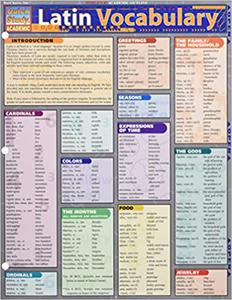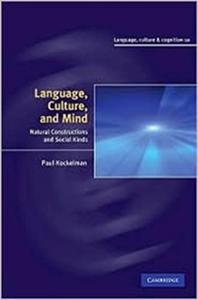Leading and Managing Indigenous Education in the Postcolonial World

Leading and Managing Indigenous Education in the Postcolonial World By Zane Ma Rhea
2014 | 226 Pages | ISBN: 0415870488 | PDF | 3 MB
This book brings together the academic fields of educational leadership, educational administration, strategic change management, and Indigenous education in order to provide a critical, multi-perspective, systems level analysis of the provision of education services to Indigenous people. It draws on a range of theorists across these fields internationally, mobilising social exchange and intelligent complex adaptive systems theories to address the key problematic of intergenerational, educational failure. Ma Rhea establishes the basis for an Indigenous rights approach to the state provision of education to Indigenous peoples that includes recognition of their distinctive economic, linguistic and cultural rights within complex, globalized, postcolonial education systems. The book problematizes the central concept of a partnership between Indigenous people and non-Indigenous school leaders, staff and government policy makers, even as it holds this key concept at its centre. The infantilising of Indigenous communities and Indigenous people can take priority over the education of their children in the modern state; this book offers an argument for a profound rethinking of the leadership and management of Indigenous education.Leading and Managing Indigenous Education in the Postcolonial World will be of value to researchers and postgraduate students focusing on Indigenous education, as well as teachers, education administrators and bureaucrats, sociologists of education, Indigenous education specialists, and those in international and comparative education.


![S.T.A.L.K.E.R. 2 / STALKER 2: Heart of Chornobyl - Ultimate Edition (2024) [+UPDATE 23.12.2024 - v1.1.3] ElAmigos / Polska wersja językowa](https://i.postimg.cc/Zqd8RWGY/UZG8PBE.jpg)



















































![David Gilmour - Luck and Strange (2024) [FLAC]](https://i.imgur.com/everaBc.jpeg)
![Męskie Granie Orkiestra - Męskie Granie 2024 (2024) [FLAC]](https://i.imgur.com/FAyOxrM.jpeg)
![The Rolling Stones - Hackney Diamonds (2023) [FLAC]](https://i.imgur.com/wCkyyUN.jpg)
![Lady Gaga - Harlequin (2024) [FLAC]](https://i.imgur.com/dcgIA8D.jpeg)
![Natalia Kukulska - Dobrostan (2024) [FLAC]](https://i.imgur.com/bdljG3O.jpeg)
![Kaśka Sochacka - Ta druga (2024) [FLAC]](https://i.imgur.com/hORQKvn.jpeg)
![Kuba Sienkiewicz - Pani Bóg (2024) [FLAC]](https://i.imgur.com/qijCx8Z.jpeg)
![Lanberry - Heca (2024) [FLAC]](https://i.imgur.com/8P7QfeR.jpeg)
![Sara James - PLAYHOUSE (2024) [FLAC]](https://i.imgur.com/m4f8OKg.jpeg)
![Grzegorz Hyży - EPILOG (2024) [FLAC]](https://i.imgur.com/8DA2sBr.jpeg)
![Myslovitz - WIECZORAMI CHŁOPCY WYCHODZĄ NA ULICE (2024) [FLAC]](https://i.imgur.com/l9mMtIG.jpeg)
![Krzysztof Zalewski - ZGŁOWY (2024) [FLAC]](https://i.imgur.com/vh48RAc.jpeg)
![Krzysztof Cugowski - Wiek to tylko liczba (2024) [FLAC]](https://i.imgur.com/SBzgqe2.jpeg)
![Nosowska - Kasia i Błażej (2024) [FLAC]](https://i.imgur.com/mObvVXQ.jpeg)
![sanah - Pianinkowe Kaprysy (2024) [FLAC]](https://i.imgur.com/pVjjPAa.jpeg)
![Kwiat Jabłoni - Pokaz slajdów (2023) [FLAC]](https://i.imgur.com/diERHfZ.jpg)
![Robert Cichy - Spacer po Warszawie (2024) [FLAC]](https://i.imgur.com/ixleU9o.jpeg)
![Viki Gabor - Terminal 3 (2024) [FLAC]](https://i.imgur.com/Q1KCnDs.jpeg)
![Sanah - Kaprysy (2024) [FLAC]](https://i.imgur.com/71OZm4h.jpeg)
![Męskie Granie Orkiestra - Męskie Granie 2023 (2023) [FLAC]](https://i.imgur.com/U4YHo8d.jpg)




